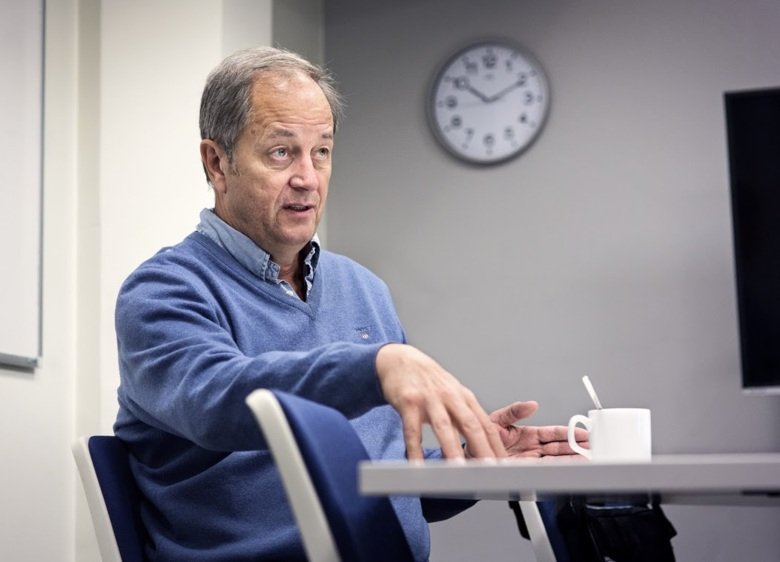Research-based methods reduce time spent in care
The introduction of ERAS Society surgical guidelines results in reduced time spent in hospital and improved patient outcomes. The methods, which are being promoted by the company EnCare, have improved care provision in some 23 countries. One of the people behind the initiative was once a young surgeon at Karolinska University Hospital, critical of the status quo.

As a young doctor at Karolinska University Hospital Olle Ljungqvist questioned the advice given to patients that they should not drink fluids before operations. He argued that it would be preferable for patients to drink a special carbohydrate-rich preparation to activate their metabolism.
“This gives patients more energy to recover following an operation - an extremely stressful experience for the body,” says Ljungqvist, surgical professor at Karolinska Institutet and Örebro University.
Several previous studies have suggested that there is no scientific grounding to the advice not to eat or drink prior to having an operation. Ljungqvist met an English surgeon, Kenneth C. Fearon, who felt the same way. The two of them pledged to improve patient care by using scientific methods to improve surgery.
“Our goal was to review existing research to identify and compile everything that was shown to be beneficial for patients,” says Ljungqvist.
Together, they set-up a research group with members from Tromsö, Copenhagen and Maastricht, and after around 18 months the first guidelines were ready.
“We included everything that related to the patient care journey, from preparations to the surgery itself, anesthesia and post-op care - this hadn’t been done before,” he explains.
“Improving healthcare remains our driving force, and today we share that with everyone.

Adopted internationally
The work led to the founding of the international ERAS Society, an independent research association. Together, they have developed around 15 guidelines for different forms of surgery that have been adopted all over the world.
Follow-up has shown that when all aspects of the care journey are conducted in optimal ways, total care time can be reduced by several days.
Alongside the ERAS Society, the company EnCare was founded with the task of developing an IT tool that could be used to implement and follow-up methods at clinics all over the world.
“We have now created a high quality register focused on the patient process. When you document everything you do in relation to a patient, you can also see why you reach certain results. Improving healthcare remains our driving force, and today we share that with everyone who disseminates or implements our guidelines.”
Care time reduced
The next step is to use all the data that has been collected for further research. In this phase, large patient groups can be studied extremely effectively, which can lead to the development of more and improved guidelines.
“We have also conducted comprehensive testing of our own guidelines to see whether they are accurate. And the result is shorter care times and fewer complications.”
